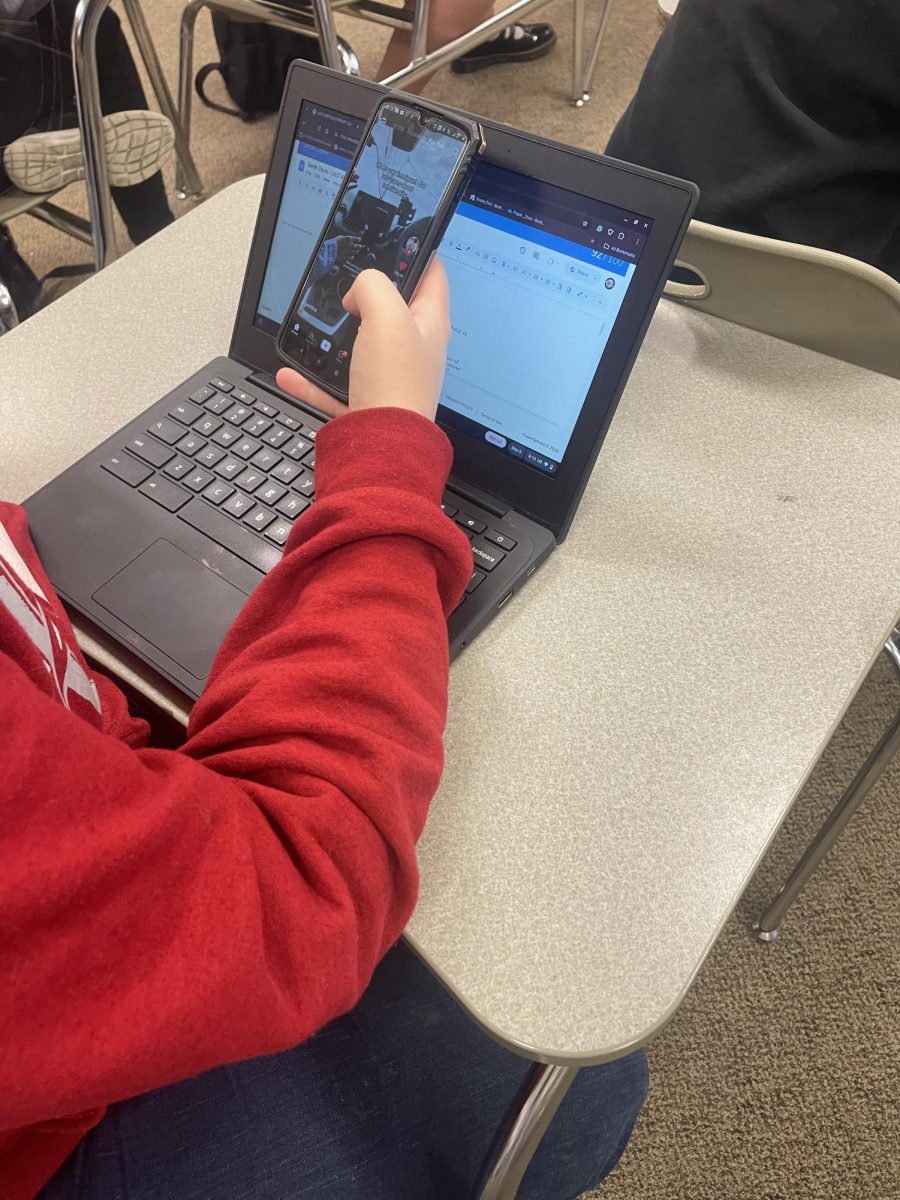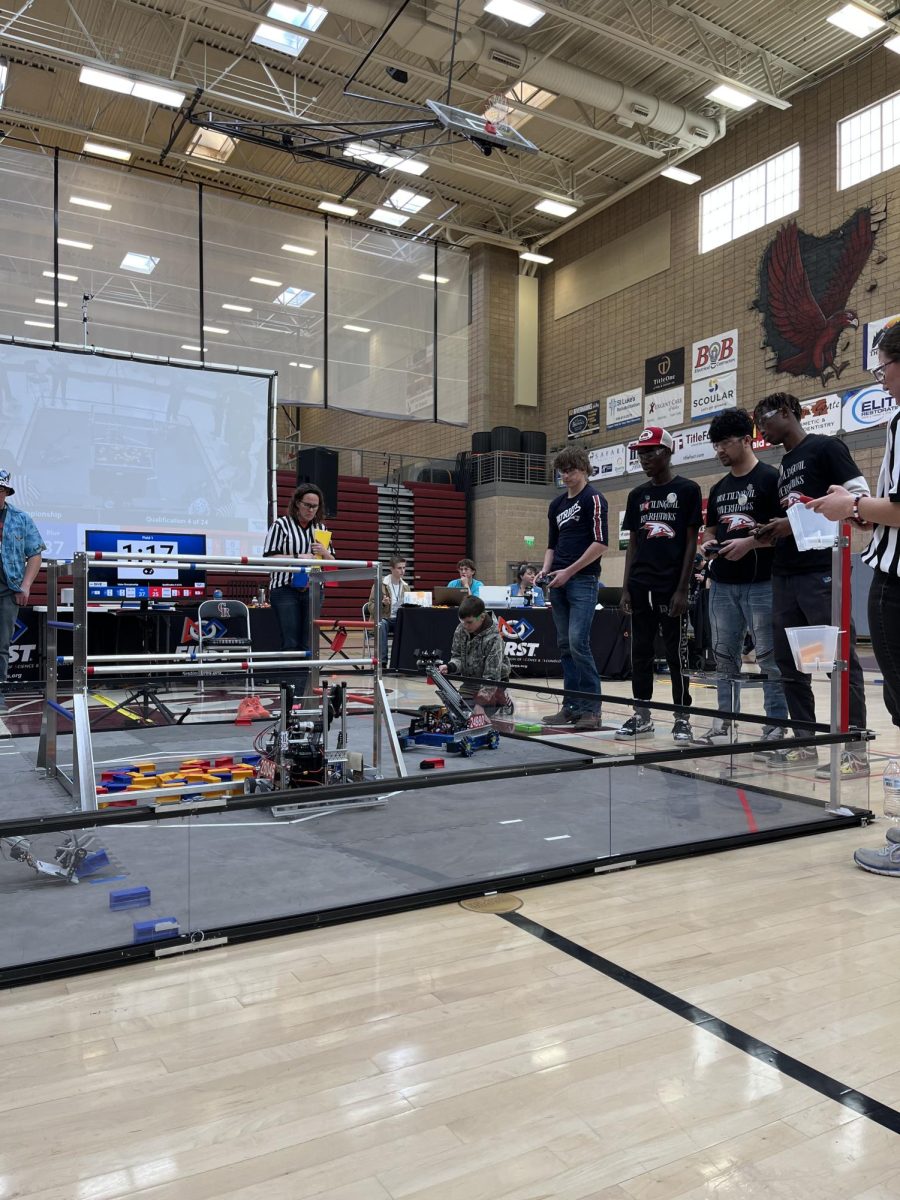Draft policy number 3735, Personal Electronic Communication Devices, is a draft policy proposing that students be prohibited from being on their cell phones or other devices from the first bell of the day to the last bell of the day. This draft policy states that students must keep their devices silenced, out of sight, and not on their bodies (i.e. in their pocket) while on school campuses or at school activities for the duration of the school day.
If approved by the school board, students may keep their devices in their backpacks or locker but they must not be seen or heard. This includes during class periods, passing periods, free periods, lunch periods, recess, or assemblies. The only exception to this rule is that high school students may have their phones out during lunch. This draft policy would not apply to school-issued devices.
According to the draft policy, if a student’s device is visible or goes off during the day, the device will be confiscated and brought down to the office and can be retrieved by parents at the end of the day on the first offense. For any following offenses, the student’s parents/guardians can pick up the device from the district office.
With this draft policy, the school district is hoping to support student learning and improve school culture by having fewer distractions brought about by cell phone use.
As of right now, the draft policy has not been instated. The district is using a standard process for approving this policy change. The initial draft had a first reading on April 8th and will return for a second reading on May 13. At that point, the district can make a variety of decisions: they can approve the policy, send it back to the committee for revisions, or deny the draft policy altogether. Ultimately, the school board has the final say.
A wide range of challenges include student academic performance, classroom engagement, and student mental health. District-wide consistency issues also played a large role in the draft, says Eva Craner, Twin Falls School District Public Relations Director. “This has been a challenge as rules and consequences are not always consistently applied across the district or even from classroom to classroom.”
Additionally, “social media and online bullying really play a key role in the draft of this policy,” said Principal Gilbert, assistant principal at CRHS.
The school district drew inspiration from surrounding school districts and reached out to explore how their policies were developed, the challenges they’ve experienced, the results they have seen after implementations and insights about how to address specific complexities with electronic communication devices at school.
“Currently, Blaine County school district has implemented a very similar policy and has experienced great success in supporting student learning and building a more positive school culture,” said Principal Gilbert.
Feedback from the community has been very split. There are some members of the community that feel strongly that this draft policy is headed in the right direction, while there are others who feel that the proposed policy is unneeded or unwanted.
To view community feedback, click here.








